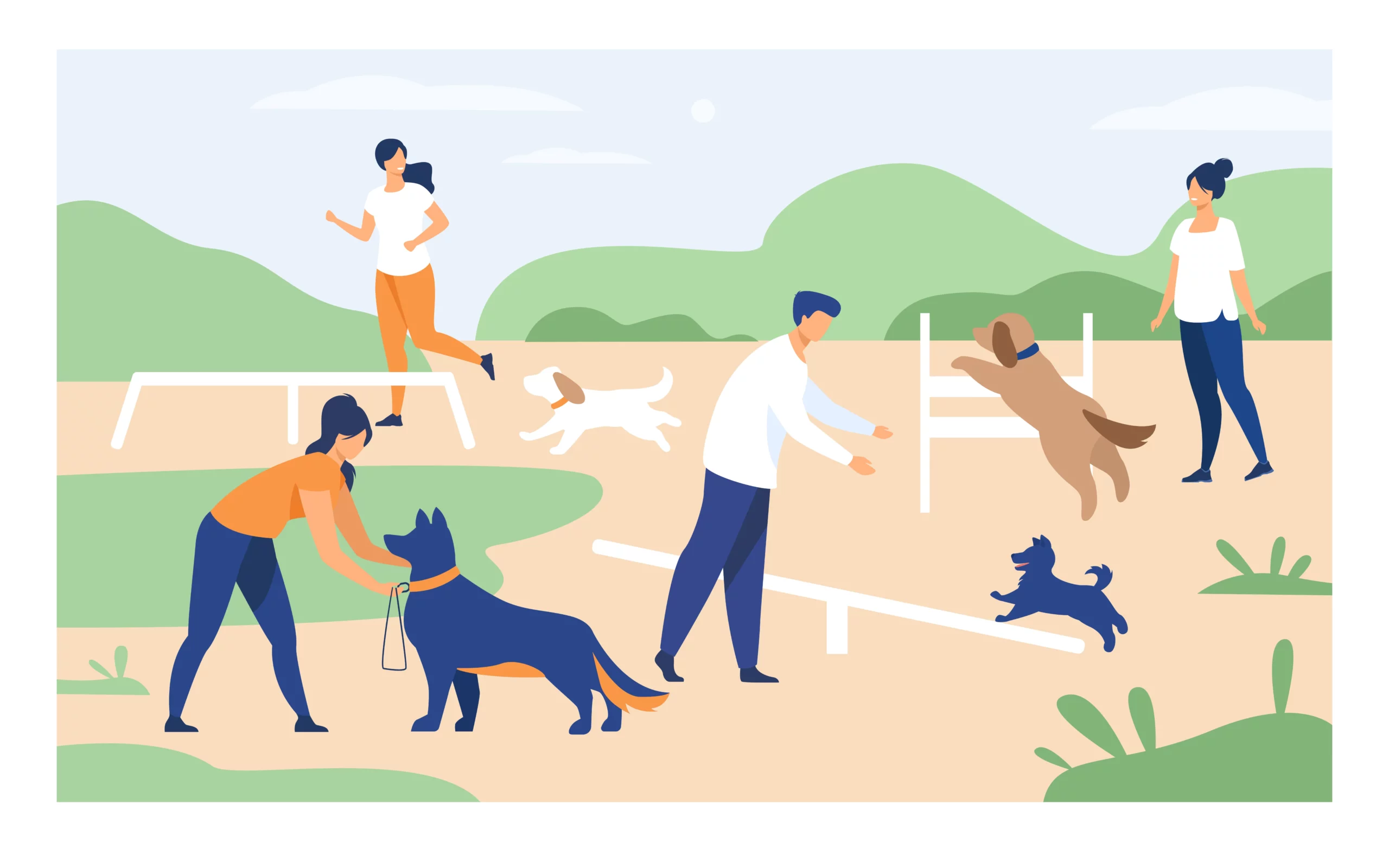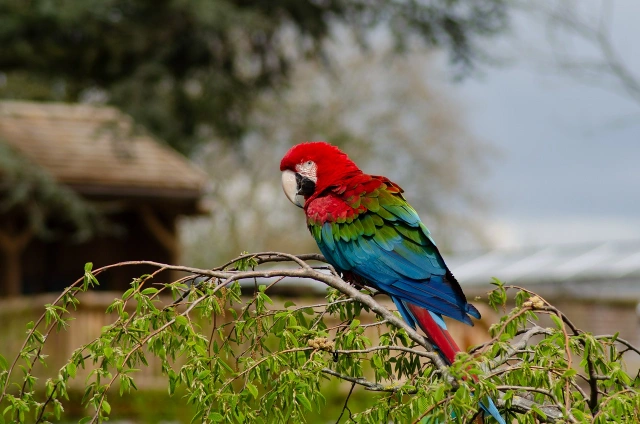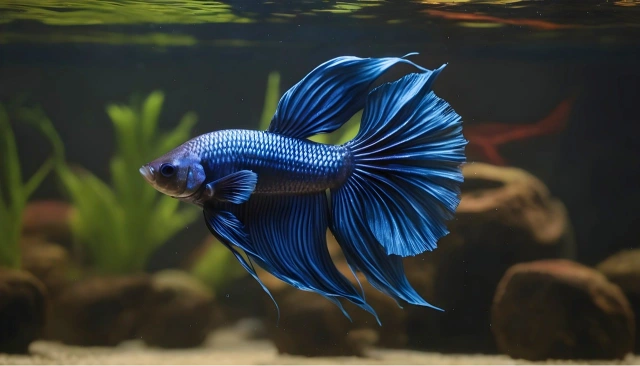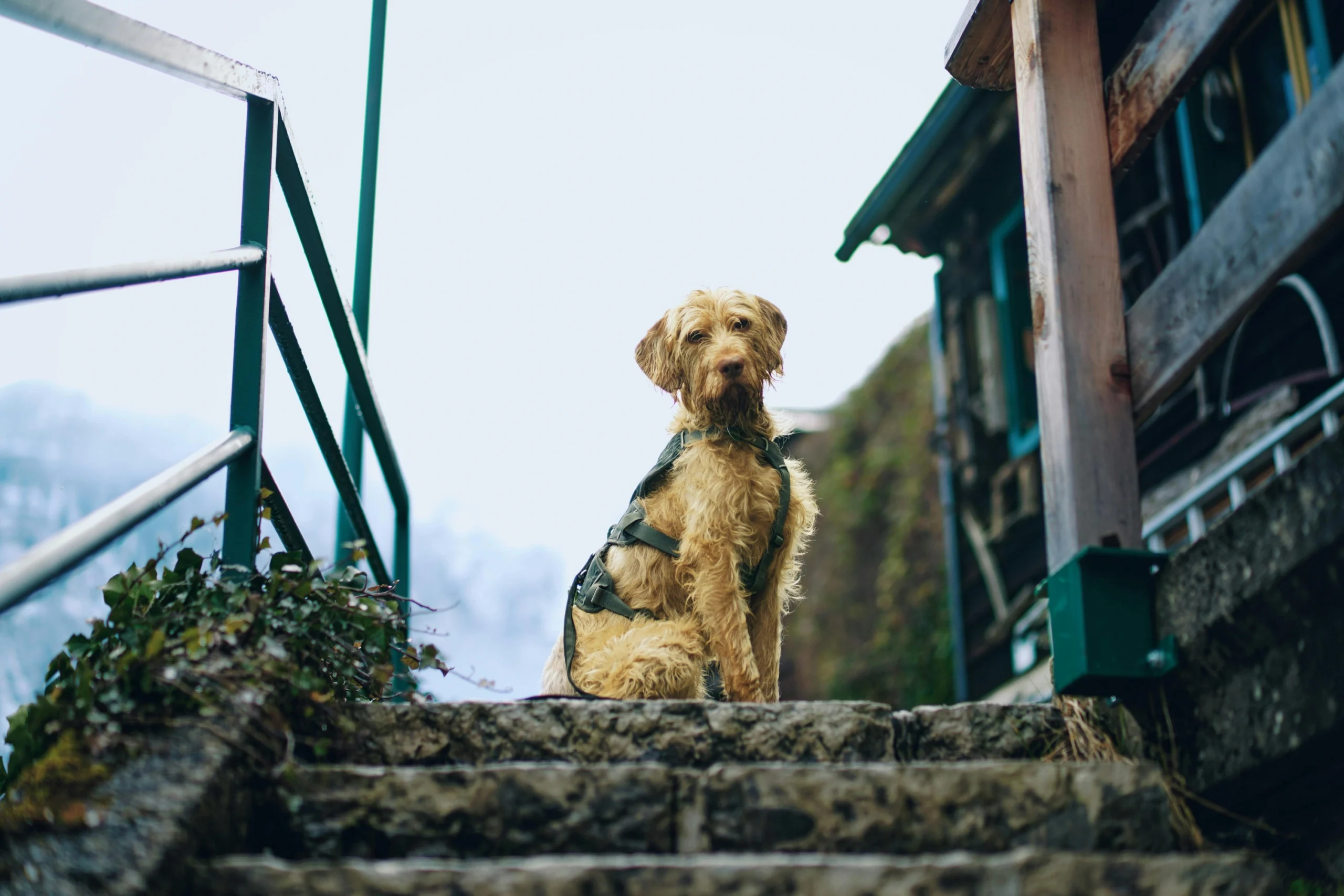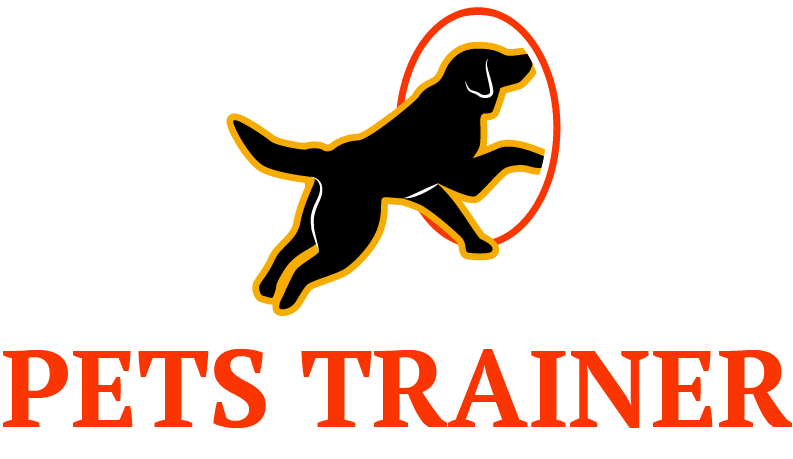Table of Contents
ToggleAre you tired of your Cocker Spaniel puppy running wild and wreaking havoc in your home? Cocker Spaniels may be adorable, but they can also be quite a handful if not properly trained. But fear not. In this article, I will share with you some effective tips for Cocker Spaniel puppy training that will have your furry friend behaving like a well-mannered companion in no time.
What equipment do you require for your Cocker Spaniel puppy Training?
To teach your Cocker Spaniel puppy, I recommend purchasing the following items.
| 1 | A treat pouch |
| 2 | A soft collar |
| 3 | A harness |
| 4 | A 2 meter training lead |
| 5 | A piece of non-slip vet bed or a soft mat |
| 6 | Two identical toys |
| 7 | A soft grooming brush |
| 8 | A crate and playpen |
10 effective Tips for cocker spaniel puppy training
Start Early
The key to successful Cocker Spaniel puppy training is to start early. Begin training when your pup is between 8 and 12 weeks old, as this is the prime time for learning and imprinting behaviors. By starting early, you can lay a solid foundation for obedience and proper manners.
Training a Cocker Spaniel puppy may seem overwhelming at first, but with consistent effort and patience, you will see remarkable progress.
These intelligent pups are eager to please their owners, making them highly trainable. However, if you wait too long to begin training, bad habits may form that are harder to break later on. The study has shown that starting early allows you to address any potential manners issues before they become ingrained patterns.
For example, if your Cocker Spaniel exhibits signs of separation anxiety or fearfulness towards strangers, it’s crucial to nip these problems in the bud right from the start. Early intervention can set your pup up for success in various aspects of their life, including socialization with other dogs and humans.
Socialization
Early and proper socialization is essential for Cocker Spaniel puppies to ensure they grow up as friendly and well-mannered adult dogs. While Cocker Spaniels are generally known for their friendly nature, it is still important to expose them to a variety of people, animals, and environments during their early developmental stages.
This exposure helps them become comfortable and confident in different situations, preventing potential issues like shyness or aggression later on. One effective way to introduce your Cocker Spaniel puppy to new experiences is through controlled social interactions with other dogs. Arrange playdates with well-behaved, vaccinated dogs so your puppy can learn how to interact appropriately with his kind.
These experiences not only teach him valuable communication skills but also provide opportunities for exercise and mental stimulation. In addition to meeting other dogs, it’s crucial to expose your Cocker Spaniel puppy to various environments and stimuli.
Take him on walks in different locations, allow him to experience different surfaces such as grass or sand beneath his paws, and introduce him gently to unfamiliar sounds or objects like vacuum cleaners or bicycles passing by. By gradually positively exposing your puppy, you’re helping him build resilience and confidence that will last a lifetime.
Basic Obedience Commands
Teaching basic obedience commands is a crucial aspect of Cocker Spaniel puppy training. Among the foundational commands, sit and stay are essential for establishing good habits and developing a strong bond between you and your furry friend. The command set is an excellent starting point for training your Cocker Spaniel. It not only helps them understand that they need to be calm in certain situations but also lays the groundwork for further obedience training.
This command can be reinforced by using treats or toys as rewards, encouraging your pup to associate being seated with positive experiences. In addition to teaching them how to sit, it’s equally important to establish the command stay. This teaches your Cocker Spaniel to remain in one place until you permit them to move. Introducing this command gradually can help build their understanding of patience and self-control, a valuable skill for any dog owner.
Practicing staying in various environments and distractions will ensure that your dog learns this command under different circumstances. By incorporating these fundamental commands into your Cocker Spaniel’s training routine, you are creating a solid foundation that will set them up for success in future obedience training endeavors.
Potty Training
Cocker Spaniels are known for their intelligence and quick learning ability, making them relatively easy to potty train. Establishing a consistent routine is key when it comes to training a Cocker Spaniel puppy. Take your furry friend outside at regular intervals throughout the day, especially after meals, naps, and playtime. This not only helps regulate their toilet habits but also reinforces the idea that going outside is the appropriate place to relieve themselves.
Keep in mind that accidents can still happen during the initial stages of potty training. If you catch your Cocker Spaniel puppy in the act indoors, quickly pick them up and take them outside to finish their business. Avoid scolding or punishing them, as this will only confuse and frighten them. Instead, praise and reward your pup when they successfully go potty outside to reinforce their good behavior.
Crate Training
Crate training is a valuable tool for Cocker Spaniel puppy owners. Not only does it provide them with a safe and secure space, but it also plays a vital role in housebreaking their furry little friends. When properly introduced to the crate, puppies quickly learn that it is their den, where they can sleep peacefully and retreat when they need some alone time. This helps establish a sense of security and helps them feel comfortable in their new surroundings.
One of the most significant benefits of crate training for Cocker Spaniel puppies is its contribution to successful housebreaking. Dogs are naturally clean animals and do not like to soil their living area. By confining the pup in a crate when owners are unable to supervise them closely, accidents can be minimized or avoided altogether. This creates a routine and teaches the puppy bladder control as they will have limited access to other areas of the house until they become fully trained.
According to research, crate training has been proven to reduce separation anxiety in Cocker Spaniels. These dogs tend to form strong bonds with their owners, which can lead to anxiety if left alone for long periods without proper conditioning. By providing them with a familiar space where they feel secure, such as a crate filled with comfortable bedding or familiar smells, these pups develop independence gradually while still feeling connected to their human companions.
Leash Training
Leash training is particularly important when it comes to cocker spaniel puppy training. These adorable pups have a natural curiosity and energy that can lead them into all sorts of trouble if not properly controlled during walks. When it comes to choosing the right leash, opt for a lightweight one that is comfortable for your cocker spaniel puppy to wear.
A heavy leash can make them feel restricted and hinder their progress in learning how to walk on a leash. Additionally, consider using a harness instead of just attaching the leash to their collar. Harnesses distribute pressure more evenly across your puppy’s chest, reducing the risk of injury or discomfort while on the go.
Social Skills
These dogs are known for being friendly and outgoing; they can also develop behavioral issues if not properly exposed to other dogs from a young age. Regular social interaction in structured environments such as dog parks or puppy playgroups can help them learn how to behave appropriately around their furry peers.
However, it’s crucial to remember that socializing Cocker Spaniels isn’t just about exposing them to other dogs; it is also about teaching them appropriate manners during those interactions.
Introducing Cocker Spaniels to different environments and situations can further enhance their social skills. Exposing them to various stimuli like different sounds, surfaces, people of all ages, and even animals other than dogs helps broaden their experiences. It ensures they grow up well-rounded and confident.
Prevent Separation Anxiety
Cocker Spaniels are undeniably affectionate and loyal companions, but their intense attachment to their owners can sometimes lead to separation anxiety. As responsible dog owners, it is crucial to address this issue early on to ensure a happy, well-adjusted pet.
One effective method is gradual desensitization, which involves gradually increasing the time spent apart from your Cocker Spaniel.
Start by leaving them alone for short periods while you’re still at home, gradually extending the duration over time. This technique helps your furry friend become comfortable with being alone and reduces their anxiety when you eventually have to leave. Another helpful tip is creating positive associations with departures.
For instance, leaving a special toy or treat that your Cocker Spaniel enjoys only when you’re not around can distract them and associate your absence with something positive. Practicing calm departures and arrivals can also make a significant difference in managing separation anxiety. Avoid making a big fuss when leaving or returning home, as these exaggerated emotional reactions may reinforce anxious behavior in your pet.
Training for Special Talents
Cocker Spaniels are known for their intelligence and eagerness to learn, making them perfect candidates for specialized training in activities like agility and obedience. When it comes to agility, these energetic pups thrive on the challenge of navigating through tunnels, leaping over hurdles, and maneuvering through weave poles with precision.
The mental stimulation and physical exercise that come with agility training not only help Cocker Spaniels develop confidence but also strengthen the bond between the owner and the dog. In addition to agility, Cocker Spaniels can excel in obedience training. With their natural desire to please their owners, these dogs quickly grasp commands and enjoy showcasing their newfound skills.
Whether it is mastering basic commands like sit, stay, or come or engaging in more advanced obedience exercises like off-leash heelwork or scent detection, Cocker Spaniels willingly embrace the training process.
Moreover, participating in activities like agility and obedience can have numerous benefits beyond honing a dog’s abilities. These activities provide an outlet for a Cocker Spaniel’s high energy levels while promoting mental stimulation and socialization.
Consistency and Patience
Consistency and patience are the foundations of successful Cocker Spaniel puppy training. This breed is known for its intelligence and sensitive nature, so a gentle approach is essential. Harsh punishments or erratic training methods will only confuse and scare your furry friend.
Training a Cocker Spaniel puppy requires consistency in both your actions and commands.
Establishing clear boundaries from the beginning will help them understand what is expected of them. Use the same voice command for each desired habit, such as sitting or staying, and reward them with praise or treats when they obey. With time and repetition, they will learn to associate the command with the specific action.
Patience is equally important when it comes to Cocker Spaniel puppy training. Like any other young dog, they are bound to make mistakes along the way. It is crucial not to get frustrated but instead calmly redirect their behavior toward what you want them to do. Training can be a slow process, and progress may not always be linear.
Maintain Short Training Sessions
Cocker Spaniels can quickly become distracted during training sessions; therefore, it’s wiser to limit training sessions to five to 10 minutes at most and spread them throughout the day rather than committing all at once to one long training session.
Conclusion
In conclusion, training a Cocker Spaniel puppy is essential for both their well-being and the harmony of your household. By starting early and being consistent with positive reinforcement techniques, you can shape your pup into a well-behaved and obedient companion.
Remember to focus on socialization, basic obedience commands, and addressing any behavioral issues promptly. With patience, love, and dedication, you can lay a solid foundation for a lifetime of happiness with your Cocker Spaniel.
FAQs
1. How long does it take to train a Cocker Spaniel puppy?
It can vary depending on the individual puppy, but with consistent training and positive reinforcement, most Cocker Spaniels can be fully trained within six months to a year.
2. What are some essential training commands for Cocker Spaniel puppies?
Some important commands to teach your Cocker Spaniel include sit, stay, come, leave it, and heel. These commands will help establish basic obedience and ensure a well-behaved dog.
3. Can I start training my Cocker Spaniel puppy at a young age?
Yes! It’s never too early to start training your Cocker Spaniel puppy. Start with basic commands and gradually introduce more complex habits as they grow older.
4. Are Cocker Spaniels easy to potty train?
Cocker Spaniels are generally intelligent and eager to please, which makes them fairly easy to potty train. Consistency, positive reinforcement, and establishing a routine will greatly aid in the process.
5. How should I handle behavioural issues with my Cocker Spaniel puppy?
Consistent training methods based on positive reinforcement are key when dealing with behavioural issues in Cocker Spaniel puppies. Seek professional help if needed or join obedience classes for further guidance.

Dr. Usman Bajwa, a dedicated veterinarian with a passion for pets, brings years of expertise to the world of pet grooming. Through his blog, he shares valuable insights and practical tips to help pet owners provide the best care for their furry companions. With a focus on promoting the health and happiness of pets, Dr. Usman articles offer easy-to-follow guidance on grooming techniques. When he’s not writing, you can find him at his clinic or enjoying time with his own beloved pets.
